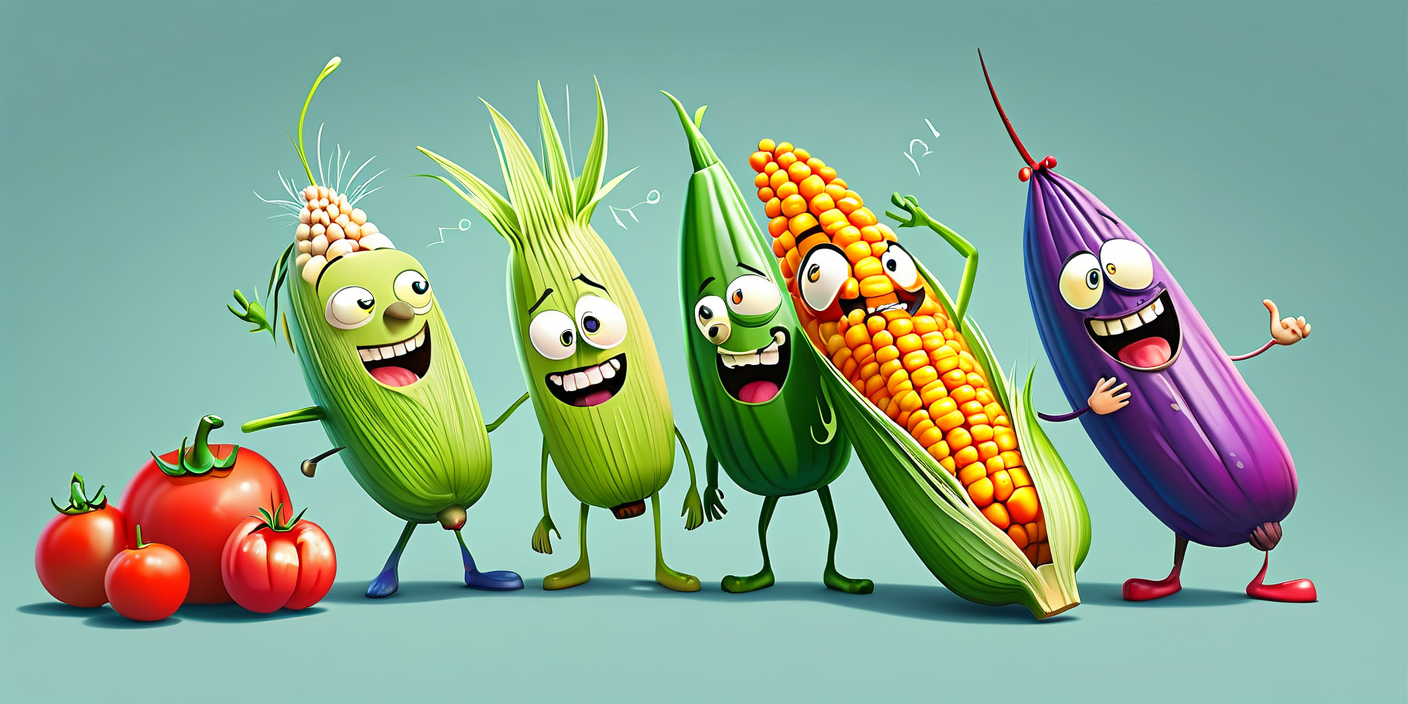Introduction: The Art of Boiling Corn on the Cob
Boiling corn on the cob is a seemingly simple task, yet achieving that perfect balance of tender kernels and vibrant sweetness requires a bit of know-how. Too little time, and your corn will be tough and undercooked. Too much time, and you’ll end up with mushy, flavorless disappointment. This comprehensive guide will delve into the specifics of boiling corn on the cob, addressing different corn types, cooking methods, and troubleshooting common issues to ensure your next batch is perfectly cooked every time.
Factors Affecting Corn on the Cob Boiling Time
The ideal boiling time for corn on the cob isn’t a one-size-fits-all answer. Several factors influence how long it takes to achieve optimal tenderness:
1. Type of Corn: Fresh vs. Frozen
Fresh corn on the cob, picked at its peak ripeness, requires a shorter boiling time than frozen corn. Fresh corn, generally, cooks faster due to its higher water content. Frozen corn, on the other hand, has already undergone a blanching process, meaning it requires slightly longer to reach the same level of tenderness. We’ll explore the specific timings for each below.
2. Size and Maturity of the Corn
Larger ears of corn will naturally take longer to cook than smaller ones. Similarly, more mature corn, with fully developed kernels, may require a slightly longer cooking time compared to younger, less mature ears.
3. Desired Texture
Do you prefer your corn on the cob slightly crisp-tender or very tender? Your preferred texture will dictate the cooking time. A slightly shorter boil will result in a crisper bite, while a longer boil will yield a softer texture.
4. Altitude
While often overlooked, altitude affects boiling points. At higher altitudes, water boils at a lower temperature, meaning it will take slightly longer to cook your corn.
How Long to Boil Corn on the Cob: A Detailed Guide
Now let’s get down to the specifics. Here’s a breakdown of boiling times for different scenarios:
Boiling Fresh Corn on the Cob
For fresh corn on the cob, aim for a boiling time of 5-7 minutes. Start checking for doneness around 5 minutes. The kernels should be tender but still retain a slight bite. If you prefer a softer texture, continue boiling for another minute or two.
Boiling Frozen Corn on the Cob
Frozen corn on the cob generally requires a slightly longer cooking time. Boil for 7-10 minutes, checking for tenderness after 7 minutes. Again, adjust the cooking time based on your preferred texture.
Tips for Perfectly Boiled Corn on the Cob
Here are some extra tips to help you achieve corn on the cob perfection:
1. Use Plenty of Water
Ensure you have enough water to completely submerge the corn cobs. This ensures even cooking and prevents scorching.
2. Add Salt to the Water
Adding salt to the boiling water enhances the corn’s flavor. Don’t be shy – a generous amount is recommended.
3. Don’t Overcrowd the Pot
Overcrowding the pot will lower the water temperature and result in uneven cooking. Cook the corn in batches if necessary.
4. Check for Doneness Regularly
The best way to ensure perfectly cooked corn is to check for doneness frequently. Start checking around the minimum cooking time and adjust accordingly.
5. Test for Doneness
Pierce a kernel with a fork or knife. It should be tender but not mushy. The milk should be juicy and sweet.
6. Cool Quickly
Once the corn is cooked to your liking, immediately remove it from the boiling water and plunge it into an ice bath. This stops the cooking process and helps maintain the corn’s vibrant color and sweetness.
7. Serving Suggestions
Serve your perfectly boiled corn on the cob with your favorite butter, salt, pepper, and other seasonings. Consider adding a squeeze of lime or lemon juice for an extra zing. Experiment with different herbs and spices to find your perfect combination.
Troubleshooting Common Problems
Sometimes, even with the best intentions, things don’t go exactly as planned. Here are some common problems and how to solve them:
Tough Corn
If your corn is tough, it likely wasn’t boiled long enough. Try adding a couple more minutes of boiling time next time. Make sure the corn is fully submerged in boiling water.
Mushy Corn
Mushy corn is a sign of overcooking. Reduce the boiling time next time. Consider using an ice bath to cool the corn quickly once cooked.
Unevenly Cooked Corn
Unevenly cooked corn often results from overcrowding the pot or not having enough water. Ensure the corn is fully submerged and cook in batches if needed.
Final Thoughts: Enjoy Your Perfectly Boiled Corn
Boiling corn on the cob is a simple yet rewarding culinary experience. By understanding the factors that influence cooking time and following these guidelines, you can consistently achieve perfectly cooked corn, every time. So grab some fresh or frozen corn, follow these steps, and enjoy the sweet taste of summer!

